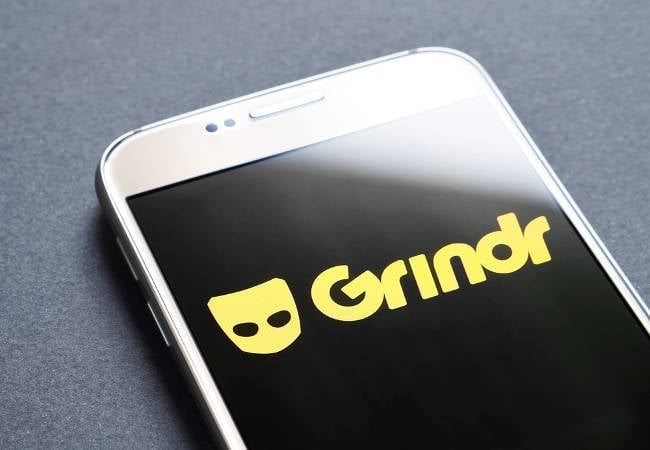Hundreds have joined a UK class action lawsuit against LGBTQ+ dating app Grindr, seeking damages over a historical case of the company allegedly forwarding users’ HIV status as well as other sensitive data to third-party advertisers.
This data included a user’s HIV status and their last test date, their sexual preferences, and their GPS location – all of which were added to public profiles by users and later gathered up by Grindr’s trackers.
The Norwegian Data Protection Authority (NO DPA) fined Grindr 65 million Norwegian kroner in 2020 ($5.9 million at today’s exchange rate) for violating GDPR’s consent rules. NO DPA’s case didn’t mention any violations regarding the sharing of HIV data or information about a user’s sexual preferences. However, it ruled that third parties had received a user’s GPS location, IP address, advertising ID, age, gender, and the fact that they used the app, and concluded that Grindr had disclosed user data to third parties “for behavioural advertisement without a legal basis.”
The Electronic Privacy Information Center (EPIC) said in October last year it was pushing for the FTC to probe the app maker after finding that it was retaining user data even after accounts were deleted – a practice Grindr’s privacy policy explicitly says it wouldn’t do.



What data isn’t up for sale?
Data that someone don’t have.